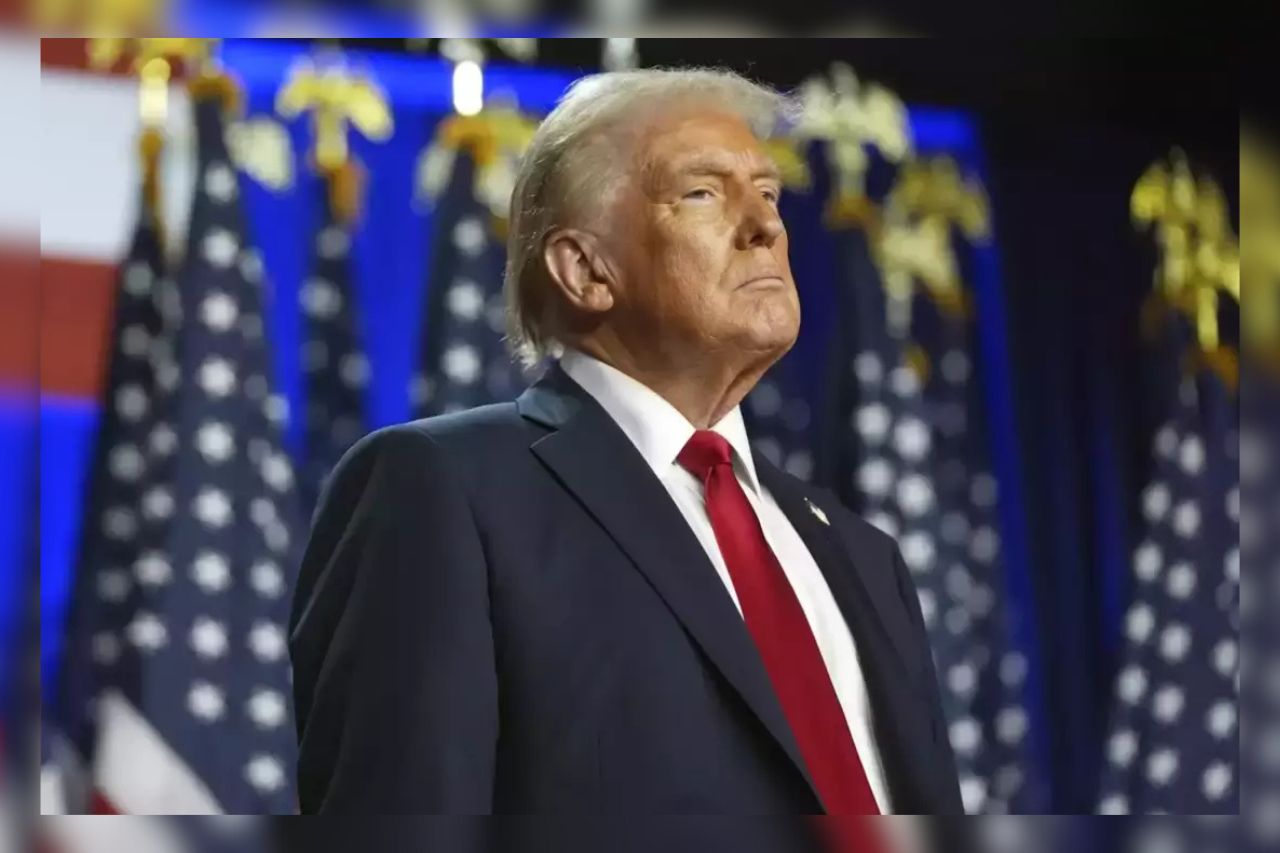The re-election of Donald Trump as U.S. President has sent ripples through the global economy, with nations worldwide preparing for potential upheavals in trade and industry. Trump’s “America First” policies, characterized by substantial tariffs and a focus on domestic manufacturing, are poised to reshape international economic dynamics.
During his previous term, Trump implemented significant tariffs on various imports, leading to increased prices for American consumers. For instance, the 2018 tariffs on washing machines resulted in a 12% price hike for these products in the U.S. This protectionist approach aimed to bolster national industries but also sparked trade tensions globally.
The subsequent administration under President Joe Biden maintained a similar trajectory, albeit with a more diplomatic tone. Biden not only upheld but also expanded certain tariffs, imposing up to 100% on electric vehicles, 50% on solar cells, and 25% on batteries from China. These measures, while intended to protect U.S. manufacturing, raised concerns about their impact on the global energy transition amid a climate crisis.
In addition to tariffs, the U.S. has engaged in a subsidy race to promote domestic industries. The Inflation Reduction Act allocated $369 billion for sectors like electric vehicles and renewable energy, while the Chips Act committed $52 billion to semiconductor production. These substantial investments have prompted other nations to respond in kind to remain competitive.
China, traditionally reliant on export-driven growth, now faces challenges of industrial overcapacity. In response, it is shifting focus towards boosting domestic consumption and diversifying its trade partnerships. Europe, grappling with budget constraints, is striving to keep pace in the subsidy race. Germany, in particular, is confronting questions about its industrial model and has pledged significant funds to support sectors like battery manufacturing.
As Trump’s policies continue to influence the global economic landscape, countries worldwide are navigating a complex environment of protectionism, subsidies, and shifting trade alliances. The international community remains vigilant, assessing the long-term implications of these strategies on global trade and economic stability.
